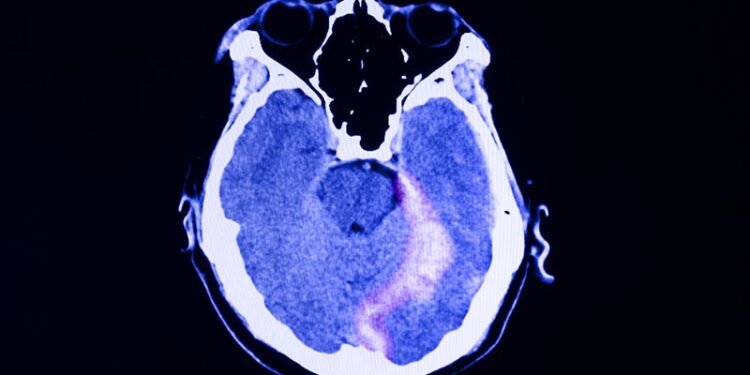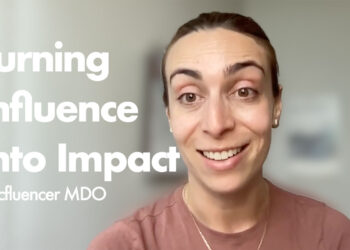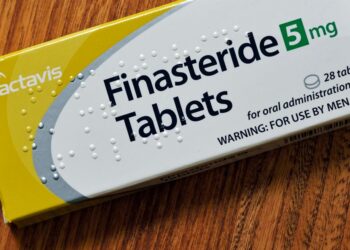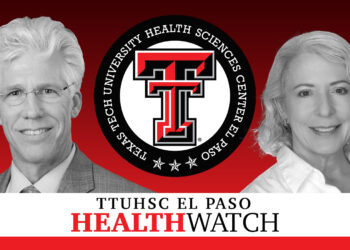TOPLINE:
Diabetes was associated with reduced global cognition 2 weeks after traumatic brain injury (TBI) and less improvement in processing speed throughout the first year post-TBI compared to not having diabetes, a new cohort study showed.
METHODOLOGY:
- The prospective cohort TRACK-TBI study included more than 1000 participants aged 17 years or older with TBI (mean age, 39 years; 67% men; 76% White individuals) who presented to one of 18 level 1 trauma centers in the US between 2014 and 2018.
- Participants underwent cognitive assessments at 2 weeks, 6 months, and 1 year post-injury that evaluated verbal episodic memory, executive function, and processing speed alone and combined into a global cognitive factor score.
- Researchers analyzed associations between cognitive outcomes and the vascular risk factors of hypertension (17%), diabetes (7.5%), hyperlipidemia (9%), and smoking (30%).
- They adjusted the analysis for age, sex, race, ethnicity, education, severity of TBI, and histories of TBI and psychiatric conditions.
TAKEAWAY:
- After adjustment for confounders, participants with diabetes had lower global cognitive factor scores at 2 weeks post-injury than those without diabetes (mean difference in change, -0.25; P < .05) and showed less improvement in processing speed over the first year post-injury (mean difference, -0.26; P < .05).
- Individuals with two or more vascular risk factors had lower global cognitive factor scores at 2 weeks post-injury than those without any vascular risk factors (mean difference, -0.21; P < .05), as well as worse verbal memory and processing speed (mean differences, -0.18 and -0.22, respectively; P < .05 for both). However, they had similar improvement over the first year.
- Cognitive performance did not differ significantly by hypertension, hyperlipidemia, or smoking status.
- In sensitivity analyses, participants with treated diabetes had worse cognitive outcomes than those without diabetes, including lower global cognitive factor scores at 2 weeks (mean difference, -0.32) and less improvement in global cognitive function over 1 year (mean difference, -0.29).
IN PRACTICE:
“Given the modifiable nature of comorbid vascular risk factors, future work interrogating postinjury changes in vascular risk factor burden, over longer follow-up, is warranted,” the investigators wrote.
SOURCE:
The study was led by Andrea L. C. Schneider, MD, PhD, University of Pennsylvania Perelman School of Medicine, Philadelphia. It was published online on August 8 in JAMA Network Open.
LIMITATIONS:
Vascular risk factors were only assessed at enrollment, preventing the evaluation of post-injury changes in risk factor status. Information on disease duration or severity were unavailable. The study also experienced significant attrition leading to missing data. Additionally, the findings could not be generalized to milder injuries or more severe TBI cases managed beyond level 1 trauma centers.
DISCLOSURES:
The study was funded by the National Institute for Neurological Disorders and Stroke and by a grant from the Department of Defense. Several investigators reported having financial or other ties with various sources. Full details are provided in the original article.
This article was created using several editorial tools, including AI, as part of the process. Human editors reviewed this content before publication.
Source link : https://www.medscape.com/viewarticle/diabetes-tied-slower-brain-recovery-after-tbi-2025a1000lq9?src=rss
Author :
Publish date : 2025-08-18 06:24:00
Copyright for syndicated content belongs to the linked Source.













